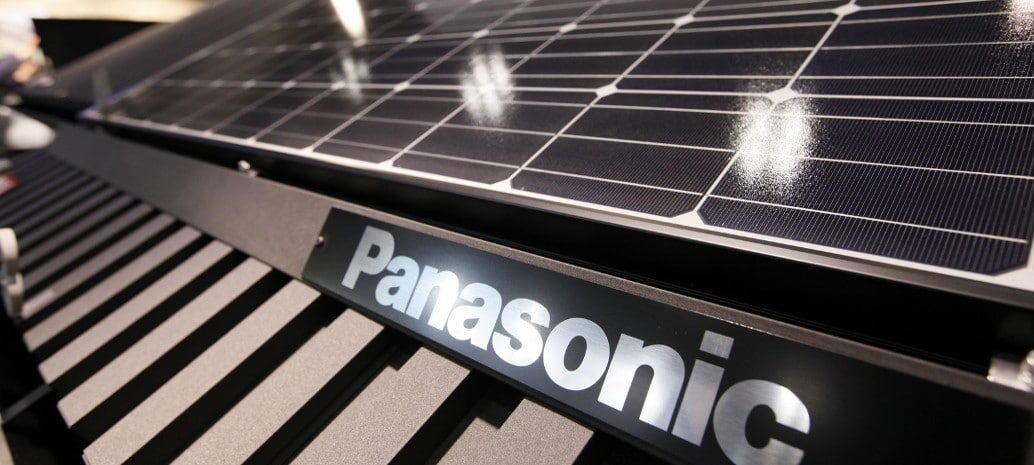The government of Bangladesh wants to generate 10%, or 2 GW, of its electricity from renewables by 2020. The current generation from renewables is around 580 MW, of which almost 350 MW comes from solar. A good number of solar power plants, both small and utility scale, are now under construction. Some of them are expected to come online this year and next.
Foreign investors are showing increasing interest in Bangladesh’s solar sector. In recent months, companies from Canada, Norway, South Africa, China, Hong Kong, India, Saudi Arabia, Qatar and Malaysia have joined Bangladeshis in investing in solar.In Bangladesh, presently 5.5 million solar home systems (SHS) are providing electricity to 20 million people. These are off-grid arrays and have a capacity of over 290 MW. From solar sources, less than 55 MW is connected to the grid.The recent introduction of a net metering system has encouraged many to invest in solar power. They are setting up rooftop solar systems to offset electricity costs.
However, there is immense potential to set up large-scale, grid-connected solar power plants in this power-hungry country. Many large scale solar power plants have already been approved, ranging up to 100 MW of capacity. To date, the government has approved over 590 MW on- and off-grid solar plants.
With massive industrial expansion underway, Bangladesh is in need of large volumes of electricity to meet growing demand. A number of coal- and oil-fired power plants are currently under construction, but they won’t be able to meet the country’s electricity demand.What’s more, electricity generation from solar in Bangladesh today is cheaper than from fuel oil or coal.
This content is protected by copyright and may not be reused. If you want to cooperate with us and would like to reuse some of our content, please contact: editors@pv-magazine.com.



By submitting this form you agree to pv magazine using your data for the purposes of publishing your comment.
Your personal data will only be disclosed or otherwise transmitted to third parties for the purposes of spam filtering or if this is necessary for technical maintenance of the website. Any other transfer to third parties will not take place unless this is justified on the basis of applicable data protection regulations or if pv magazine is legally obliged to do so.
You may revoke this consent at any time with effect for the future, in which case your personal data will be deleted immediately. Otherwise, your data will be deleted if pv magazine has processed your request or the purpose of data storage is fulfilled.
Further information on data privacy can be found in our Data Protection Policy.